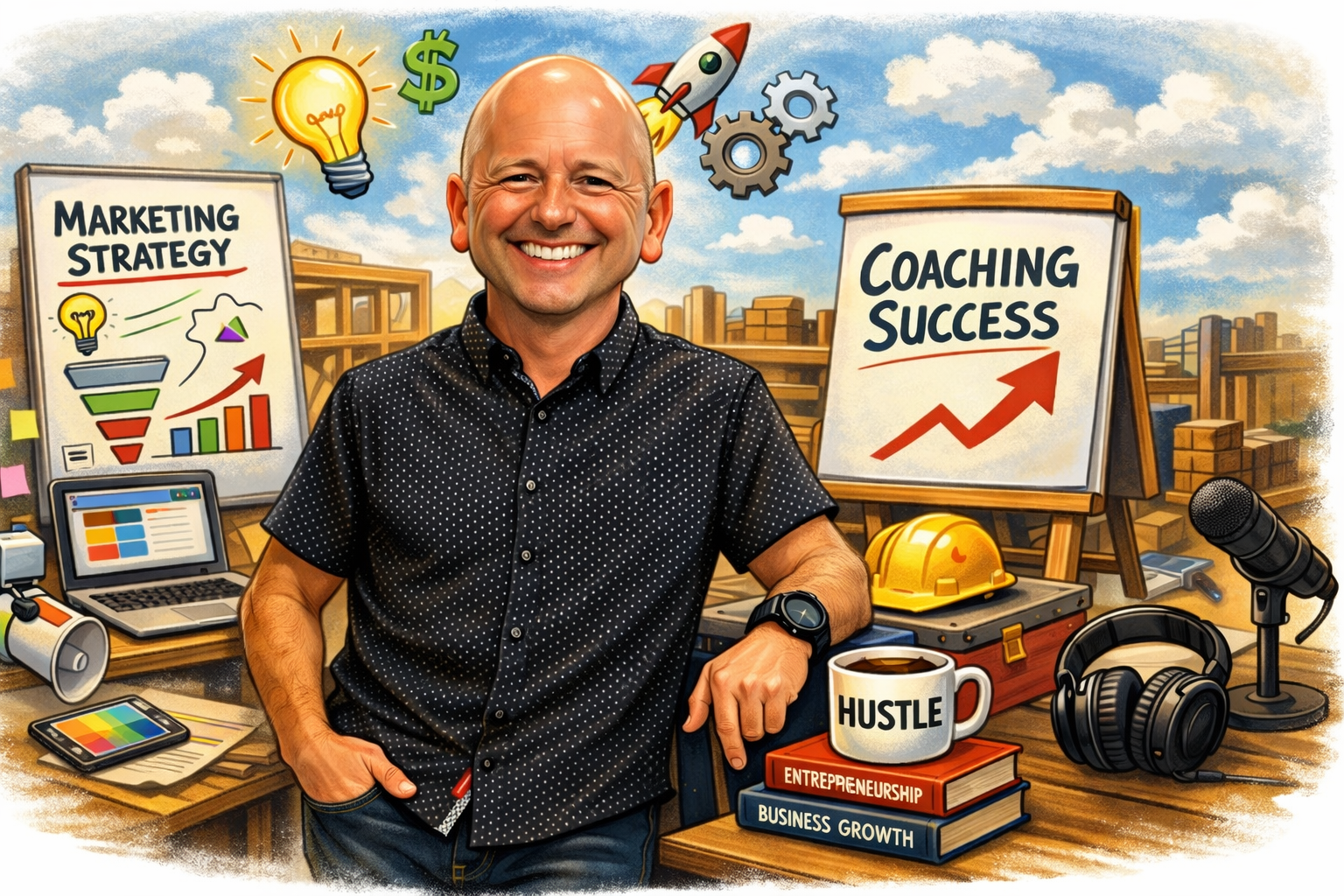Marketing, Worrying, And Research | 8 Ways To Bust The Stress Of It All
Everyone wants marketing to work as a formula. 8 posts + 5 videos + 12 ads = 14 new customers. Want more customers? Increase any of the other variables.
Fortunately, marketing doesn’t work this way. If it did, you would never have a new business venture, new technology, or any other changes in the market. In fact, small businesses probably wouldn’t exist if the marketing was this simple. Big companies with more resources would always win.
Marketing works more like this. 8 posts + 5 videos + 12 ads = the opportunity to be seen. If you don’t raise your hand and say:
“I have a business.”
“I have a talent.”
“I have a way to help you.”
You will never have the opportunity to serve.
And all tools you have available to you are just another way to raise your hand. Some weeks people reach out. Some weeks they don’t. For those down weeks, we have 8 stress-busting techniques from our friends at
inc.com.
Create a worry budget.
You'll never stop yourself from worrying entirely, but you successfully corral your worries into specific times. "Each day, give yourself a limited number of worry windows during which you allow yourself to think about what is bothering you, or even schedule a specific time of day for challenging your worries," the researchers suggest. This not only keeps your day from being overtaken by worries but also limits the physical toll stress takes on your body by limiting its duration. They recommend you choose a time later in the day but not immediately before bed.
Write down your worries.
A host of research has shown expressive writing (a.k.a. just writing down your thoughts for yourself and no one else) is an excellent way to clear your mind of nagging worries and improve your mental health.
Make a list.
Life can feel uncontrollable and your challenges vast. Actually listing them out has a tendency to cut them down to a more manageable size. "Seeing them spelled out will help you to understand which tasks are most important, which are achievable, as well as to identify those that are out of your control. Inevitably, highlighting where to focus your energy and how to best manage the daily hassles in your life means you are less likely to worry about them," explain the scientists.
Try some mindfulness.
What you can't change, you're just going to have to accept.
Mindfulness can help. "Open up to unpleasant feelings, and learn not to overreact to them, and try not to avoid triggering situations. If you feel too overwhelmed, then consider turning your focus on the present moment," the authors recommend.
Adopt a personal mantra.
Super achievers like
Melinda Gates are big believers in mantras. This science suggests they're on to something. "Consider developing a 'mantra,' or a saying, that you repeat to yourself when you begin to notice yourself worrying. Something like 'Not now, James' or 'Save it for later, Laura' might work well. Or you could use something deeper and more meaningful, such as 'Nothing lasts forever' or 'It will get done.' Whatever your approach, it's important to make your mantra personal," suggests the researchers.
Distract yourself.
You probably use this strategy already, but it's nice to know that science endorses it. Sometimes when you're stressing out, the best approach is simply to distract yourself with music, a good book, or whatever else is likely to give your brain a much needed rest.
Focus on your body.
Worries have a tendency to loop back on themselves, creating repetitive negative thoughts that lead to more stress but no solutions. When you notice you're getting stuck in this cycle, the first order of business is breaking out of it. "Spend at least a few minutes paying particular attention to your breathing or giving your toes a wiggle. Pause and reflect -- how do they feel? This type of refocusing via your senses can also help," insist the experts.
Get active.
This particular study didn't delve into the effects of exercise on stress, but the authors feel compelled to note that a separate mountain of exercise suggests working up a sweat is one of the most effective mood boosters out there. One Harvard researcher even claimed exercise is like "taking a little bit of Prozac and a little bit of Ritalin."
There's a lot to stress about these days. Thankfully, there are also a lot of research-backed interventions for fighting back. Choose the one that seems best suits you and give it a try the next time you feel worry taking over your mind.
For more helpful tips, subscribe to our blog and receive weekly emails to help you and your business.
To learn more about our services, call us at 727-222-6984. Or schedule a free consultation.






